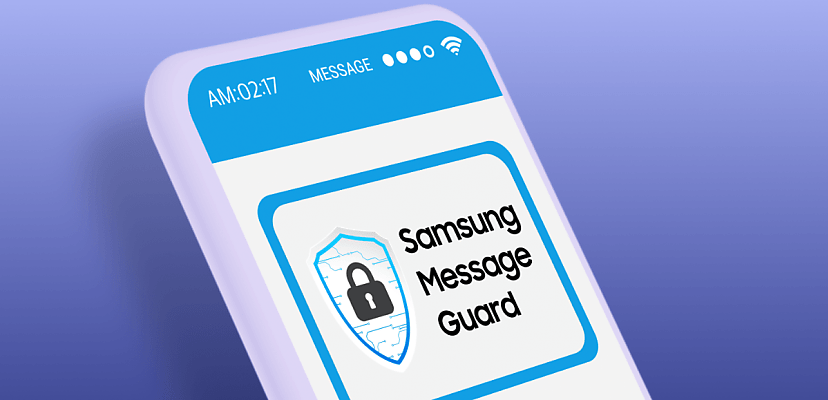Share this article on:
Powered by MOMENTUMMEDIA
Breaking news and updates daily.
Samsung has announced that its new range of smartphones will be able to protect users against an increasingly popular and dangerous form of cyber attack.

Launching initially with its new line of Galaxy S23 smartphones, Samsung’s new Message Guard provides users with a safeguard against zero-click attacks.
Zero-click attacks are a form of malicious attack often found within image files, which exploit existing vulnerabilities and loopholes in software, allowing malware to be launched without the user having to do anything, meaning even the most cyber-savvy individual is at risk.
Samsung said that when you receive a message, even if “you haven’t touched your phone … someone may already be reading your messages, browsing your gallery and copying your bank details”.
When a user receives an image file, Message Guard identifies it and puts it in a “kind of virtual quarantine”, where it is isolated from the rest of the device and its data.
From there, the image will be inspected bit by bit and processed “in a controlled environment”, verifying that it is safe.
The software runs at all times in the background, with no need to be enabled.
Message Guard builds upon the Korean tech giant’s “defence grade” Knox Security platform, which the company said “provides end-to-end protection across every layer of hardware and software, as well as real-time threat detection”.
The software, which works with PNG, JPG, JPEG, GIF, ICO, WEBP, BMP and WBMP files, has been rolled out initially to only Samsung’s Galaxy S23 devices, which were released only days ago. It also currently only works in Samsung Messages and Google Messages.
Samsung hopes to make it available to devices running version 5.1 or higher of its One UI in the future and will update it to work on third-party messaging apps in the future.
More so than ever, mobile device security is of paramount importance. According to Oberlo, mobile phones are the most popular electronic device worldwide, with 96.1 per cent of the world population owning one in 2022. Smartphones made up 95.8 per cent.
Smartphones carry a detailed database of a user’s sensitive information, including passwords, credit card information, personal identifiers and more, making them a lucrative target for bad actors.
Users are best to adopt good cyber practices when using their smartphone, including using a screen lock, regularly backing up files, downloading apps exclusively from the Apple app store or Google Play store, using anti-virus software and being cautious when using public Wi-Fi networks.

Be the first to hear the latest developments in the cyber industry.